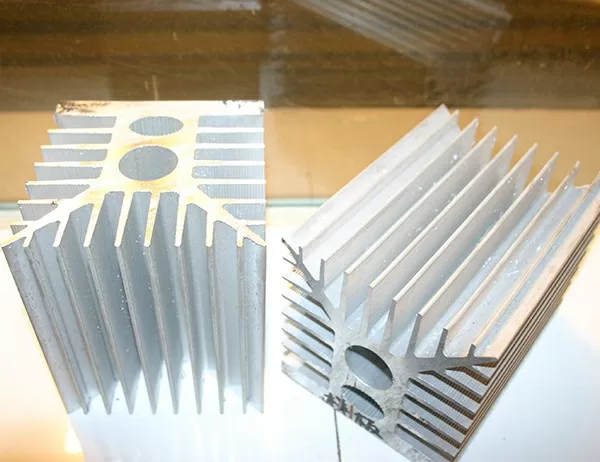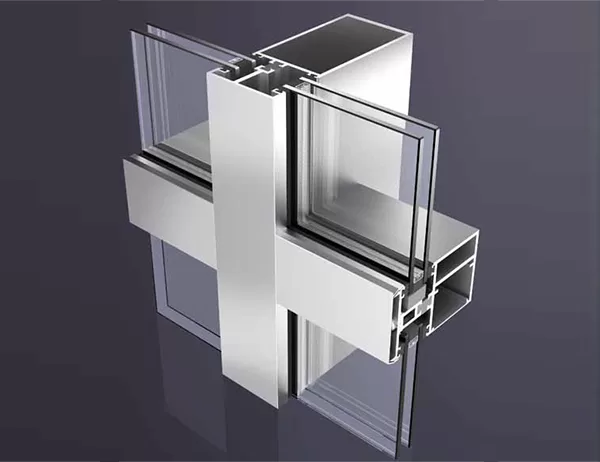Aluminum extrusion suppliers play a vital role in the construction and manufacturing industries, providing the raw materials for a wide range of products. In recent years, concerns about the environmental impact of aluminum production have led to a growing focus on sustainability among leading extrusion suppliers. This article examines the various sustainable practices adopted by these suppliers, showcasing their efforts to reduce their environmental footprint and promote responsible manufacturing.
Materials Sourcing and Recycling
Leadingé“extrusion suppliers are committed to sourcing sustainable aluminum that meets industry standards for environmental performance. Many suppliers participate in recycling programs to minimize waste and conserve resources. For example, Alcoa, a global aluminum giant, operates recycling facilities that process millions of tons of aluminum annually, reducing the need for virgin aluminum production.
Energy Efficiency and Carbon Reduction
Extrusion processes require significant amounts of energy. To reduce their carbon footprint, leading suppliers have invested in energy-efficient technologies and renewable energy sources. For example, Sapa, a leading aluminum extrusion supplier, has implemented energy-saving measures in its production facilities, including optimizing furnace operations and utilizing waste heat recovery systems.
Water Conservation and Treatment
The extrusion process generates wastewater that must be properly treated and disposed of. Leading suppliers implement water conservation measures to reduce water usage and adopt advanced wastewater treatment technologies. Hydro, a Norwegian aluminum extrusion supplier, has developed innovative water treatment systems that purify wastewater before it is discharged into the environment.
Environmental Management Systems
To ensure compliance with environmental regulations and promote continuous improvement, leading aluminum extrusion suppliers have implemented environmental management systems (EMSs). These systems provide a framework for setting environmental goals, monitoring performance, and identifying opportunities for improvement. For example, Constellium, a global aluminum extrusion supplier, has implemented an ISO 14001-certified EMS to manage its environmental impacts.
Certifications and Standards
To demonstrate their commitment to sustainable practices, leading aluminum extrusion suppliers pursue third-party certifications and meet industry standards. For example, the Aluminum Extruders Council (AEC) has developed a Responsible Aluminum Extrusion (RAE) certification program to recognize suppliers that meet sustainability criteria. Sapa and Hydro are among the suppliers that have earned this certification.
Conclusion
Leading aluminum extrusion suppliers are actively implementing sustainable practices across their operations, from materials sourcing to energy conservation and water management. By adopting these practices, suppliers can reduce their environmental impact, conserve resources, and meet the growing demand for sustainable aluminum products. The commitment to sustainability among these suppliers is a testament to the industry’s efforts to create a more sustainable future.




